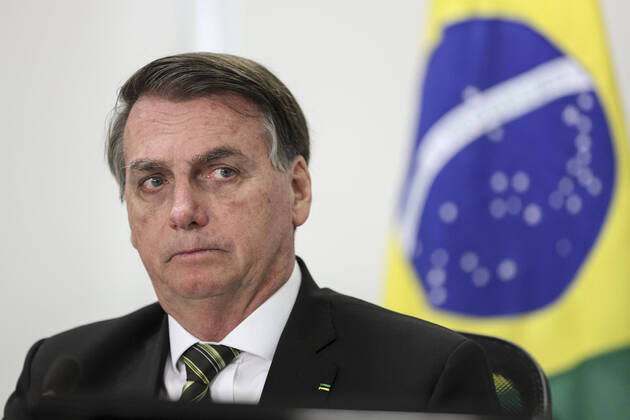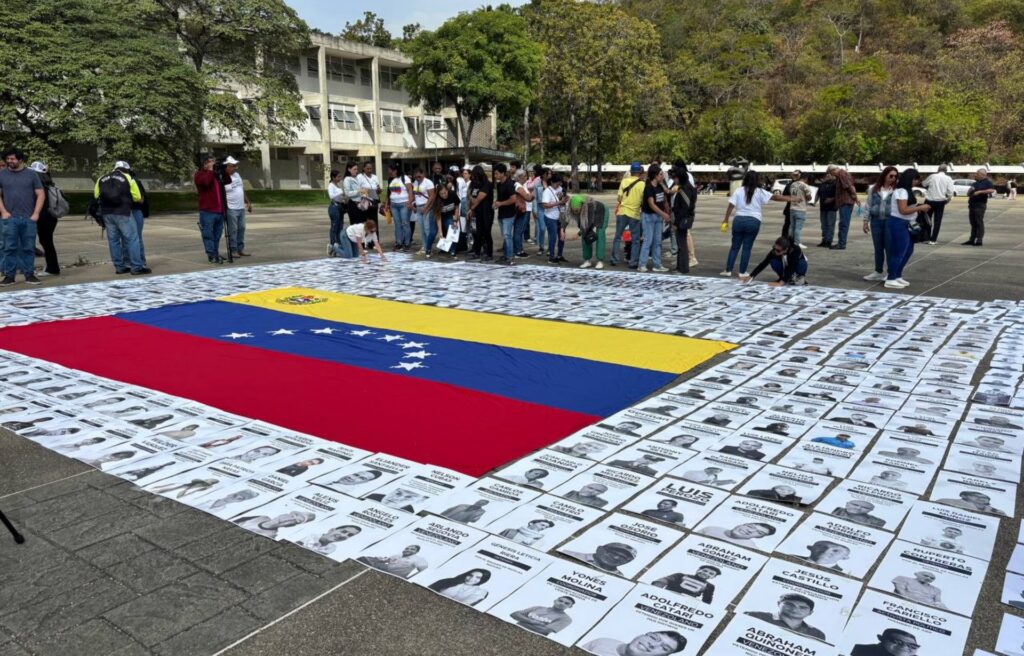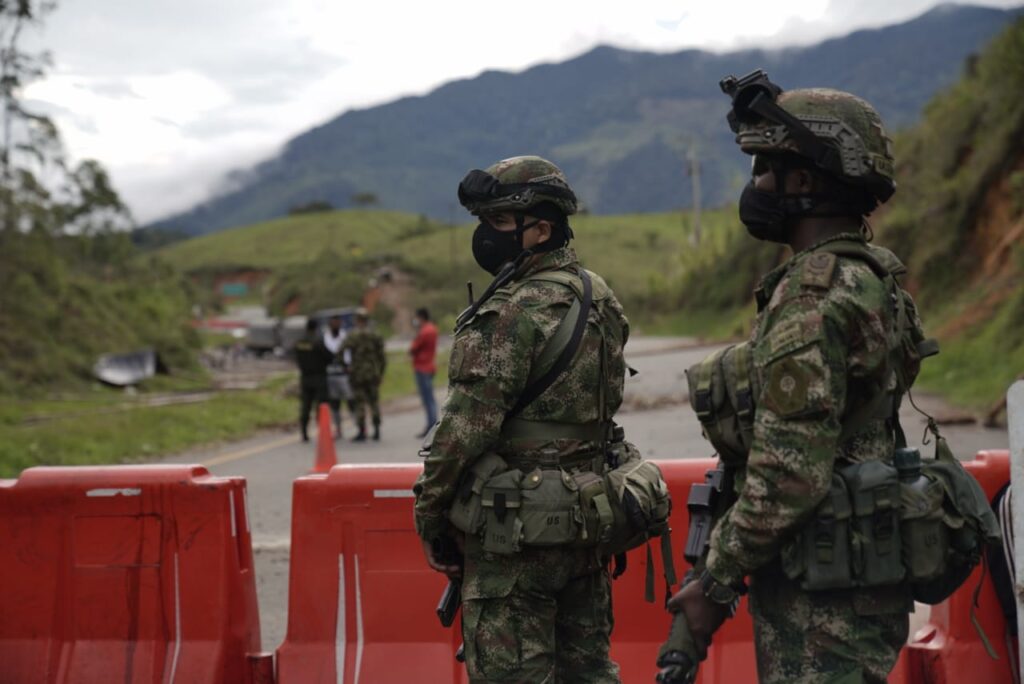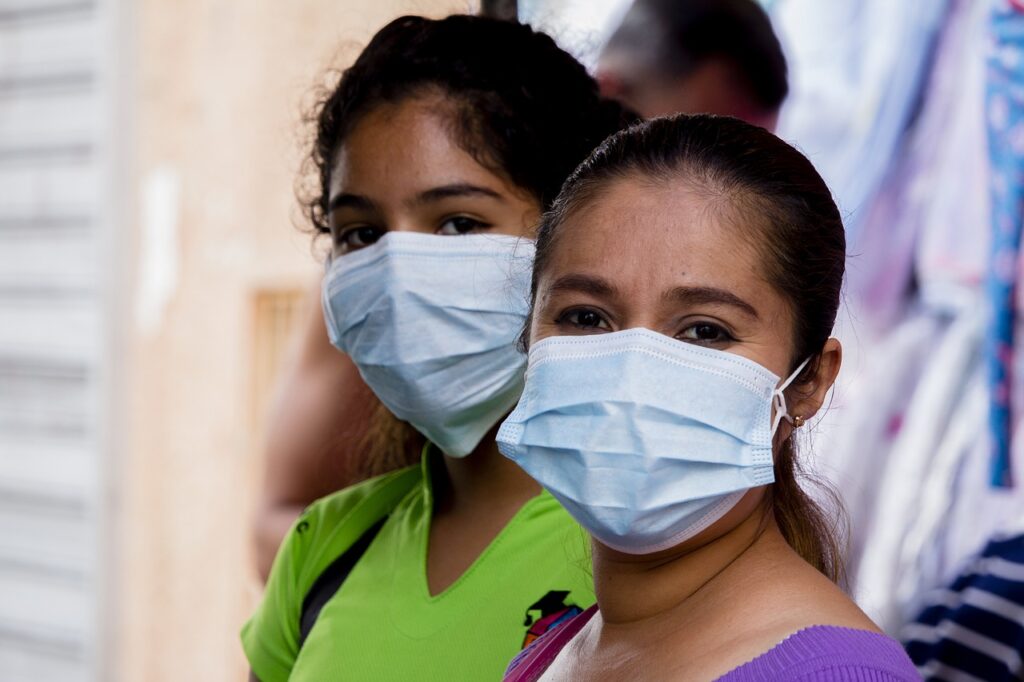Latin America continues to struggle to contain the spread of coronavirus due to failures in leadership across the region, said the head of the Pan-American Health Organization (PAHO) on Wednesday.
After Latin America recently surpassed 1 million deaths to COVID-19, PAHO Director Carissa Etienne said that the government officials in the Americas have not sufficiently enforced prevention protocols and have, in some cases, spread misinformation about the virus.
“This pandemic has taught us time and again that leadership determines the effectiveness of a country’s response,” Etienne said. “Sadly, across our region we’ve seen misinformation about COVID-19 sow doubt on proven health measures, often in the context of political disputes.”
The PAHO said that Colombia has the highest rate of infections in South America, while other countries like Brazil and Uruguay have seen recent spikes in cases. Brazil, however, has agreed to host the Copa America football tournament this month after both Argentina and Colombia had to back out due to rising COVID-19 cases in the former and social unrest in the latter.
Thousands of Brazilians have taken to the streets recently to demand the impeachment of President Jair Bolsonaro. The far-right leader said Tuesday his country will indeed host the regional football tournament in less than two weeks.
“On what is up to the federal government, the Copa America will be held in Brazil,” Bolsonaro said. “Since the beginning of the pandemic I have been saying, I regret the deaths, but we have to live.”
As cases rise in South America, cases have doubled in the Central American countries of Panama, Belize, and El Salvador in the past week.
Meanwhile, North America has been able to control coronavirus cases thanks in large part to the widespread vaccination efforts in the United States. Vaccination efforts in the rest of the Americas will need to pick up in order to get cases to fall again, Etienne said.
COVAX, a global vaccine initiative backed by the United Nations and other international alliances, has only delivered 17.6 million vaccine doses to Latin America. Some countries, like Colombia and Peru, are still waiting for their allotments. However, the two countries are getting less than 2 million doses from COVAX for the time being.
“Effective vaccines are a beacon of hope in this crisis, and we must do all in our power to secure more doses for all nations in the Americas,” Etienne said. “Regional solidarity, including the donation of vaccine doses, will be key to get us through the current shortage of supply.”
However, she continued, global vaccination efforts like these will also need support from government officials who must get on the same page and help mitigate the spread through the appropriate policy decisions.
“We can’t do this alone,” Etienne said. “We need leaders to prioritize the decisions required to stop this virus in its track.”











